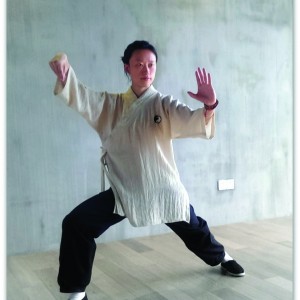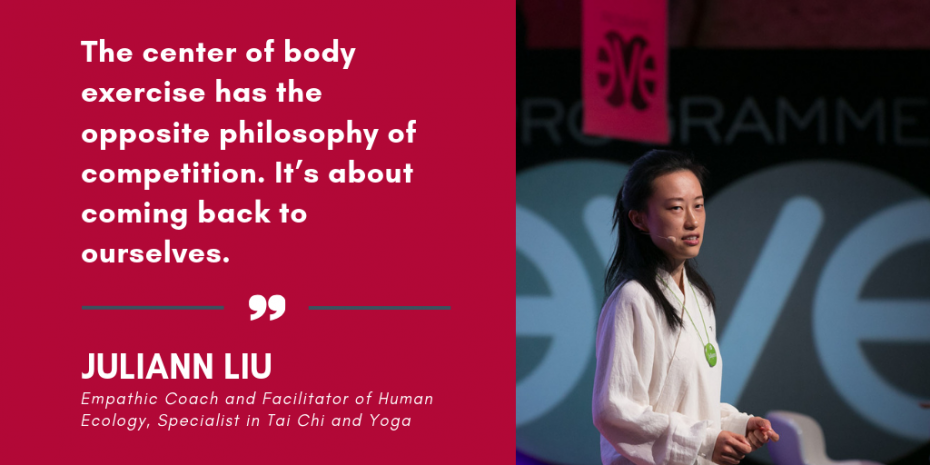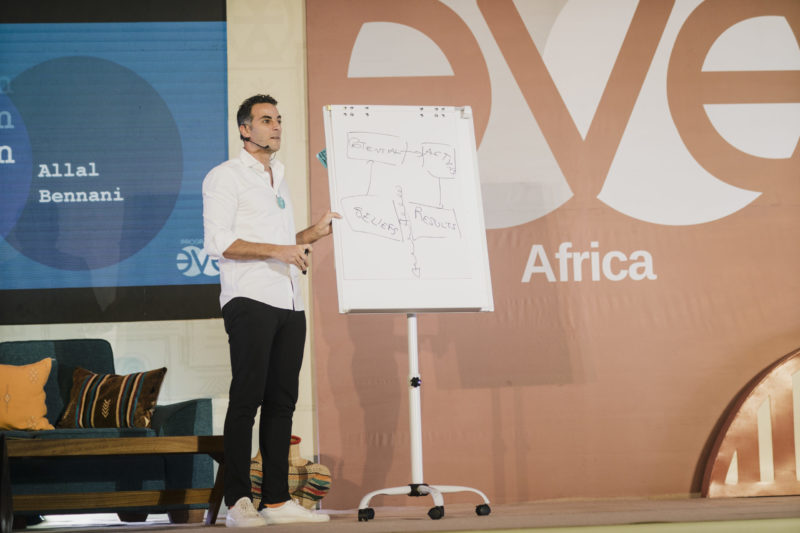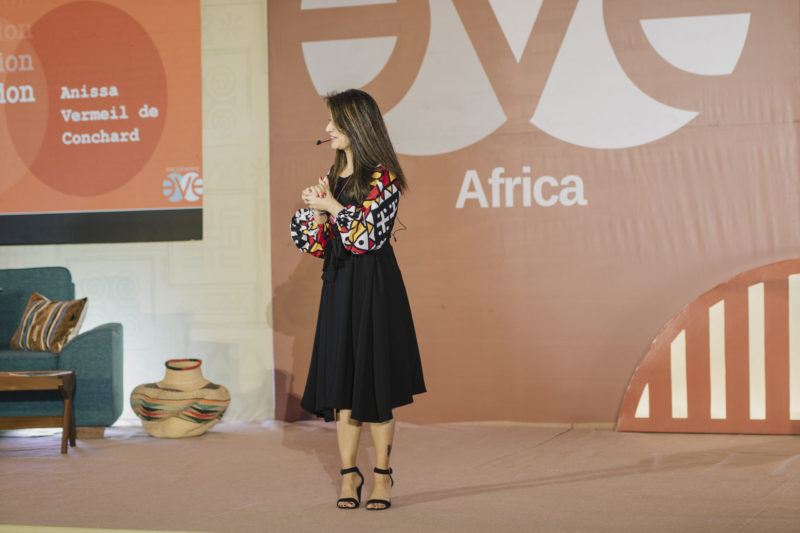In this interview, originally published as an EVE podcast episode, Juliann Liu tells us about how tai chi and human ecology can help balance our relationship to work.
Juliann, a lot of the work you have done seems to be centered on the body: yoga, tai chi and seven years at a sporting goods retailer. This is quite different from the sedentary lifestyle of an office job. How do you integrate these disciplines into your coaching? How do you work with people who aren’t in the habit of practicing any sports?
For me, these practices (yoga, tai chi) to center to body and the mind are actually not sports. They look like sports, but fundamentally, they have a different philosophy. If we take a look at sports throughout the world, there is a common nature: competition. That is, “I compare with my opponent, I search for a way to win.”
The center of body exercise has the opposite philosophy of competition. It’s about coming back to ourselves and asking the questions: how am I doing right now? What physical sensations am I experiencing? What is my emotional status? What are my feelings? What is going on in my mind?
The purpose is to pay attention to ourselves, to observe ourselves. Then we create a space between the stimulation of the external world and our reactions. The exercise of centering the body helps us enlarge this inner space. As Viktor Frankl said: “Between stimulation and reaction, there is a space, and this space is freedom.” Most of the time we react mechanically, we say words that we come to regret, or we end up paying a high price for thoughtless actions. That consumes tremendous energy. The center of body, mind and emotion is a different work. It helps us to have more internal space, which in turns leads to a much higher efficiency when we go into action mode. It’s not reaction, it’s action.
Reaction is a result of mechanics. Action is conscious decision; it comes from a space of freedom, it’s not imposed on us by others. When you take action, you decide to take the responsibility and the risk. You take the price and you decide freely.
For me, the work that I do with coaching has a certain magic. It’s about creating this space for people to be aware, “I have this space, I have this freedom inside” and little by little everyone can access an inner intelligence to make better decisions, take better action and perform better.
Juliann, one term you use to explain your work is “human ecology.” What is human ecology? Why is it useful for leaders?
Human ecology sounds like a new word, but ecology is something we know. When we think about ecology, we think about protecting our environment, respecting the planet, taking care of life. We think of recycling. Human ecology is about the same things, and for leaders it is even more important to understand it.
A company or an enterprise is not a machine, it’s an organization composed of human beings who are alive. It’s like a tree: organic and holistic. Think of a flower or of the leaves up in a tree. When they are getting dry or turning yellow, you don’t just cut the flower or the leaves; you water the roots. You take care of something as a whole. In a company, it’s same: if some problem appears, we look at the whole organization as holistic and at each human being as holistic. This allows us to see that perhaps the cause of the problem isn’t the work itself, but something behind it. Maybe it’s about emotions, relationships, thinking patterns or limiting beliefs that create a problematic action, but the action is just the result of the real issue behind it.
So human ecology is about respecting each individual, striving to make every person in a group healthier, happier, more successful and more sustainable. As a result the company can be healthier, more successful and more sustainable. The opposite cannot work. If everyone is stressed, everyone is unhealthy, and as a result the company can’t be sustainably successful.
In human ecology we pay a lot of attention to how we transform this negative energy –which means our negative thoughts or our limiting beliefs– into a positive way of thinking.
What is one key tool leaders can use to achieve work-life balance?
Work-life balance already implies a certain way of thinking which suggests that work and life are opposites. In human ecology we say that each person has a life which includes both. To strike a balance we need a better knowledge of ourselves: how we act, think, interact with others; how we can be better leaders for ourselves and then for other people.
As I mentioned previously, it’s about being healthier and happier, which in turn helps us in our personal and professional lives. Just imagine someone who has conflicts in their personal life, who can’t really have harmonious relationships with family or friends. It will be very difficult for this person to perform well at work.
In human ecology, we think that personal life is something which nurtures us internally. In turn this has a positive impact on how we preform externally, on our work. So work-life balance is actually about coherence between the interior and the exterior. If you have a harmonious life inside, it will become easier to be successful at work.
—-
 Juliann Liu is a coach and mindfulness trainer. Juliann practices tai chi, quigong and yoga. Her unique work combines these ancient techniques of wisdom with essential psychology and human ecology. After working seven years in Décathlon, an international sporting goods retailer, Juliann grew in management and training.
Juliann Liu is a coach and mindfulness trainer. Juliann practices tai chi, quigong and yoga. Her unique work combines these ancient techniques of wisdom with essential psychology and human ecology. After working seven years in Décathlon, an international sporting goods retailer, Juliann grew in management and training.
Juliann holds a bachelor’s degree in Business Management and Master’s degree in Humanities and Philosophy. She is a gold medalist in the wu tai chi competition of Shanghai and a certified sama yoga teacher from the Free University of Samadeva.







Comments 1
Pingback: Special focus: health at the workplace - EVE Le Blog